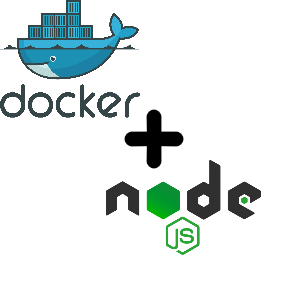What is Backend Engineering?
Suppose you open Facebook and enter your username and password then click login. You get back a page showing data that is personalized for you. Or suppose you open your Amazon app and typed a particular product name and then you get all the products listed with an image and description. So all the stuff that happens behind the scenes after you click the login or search button till you get back the requested data is what we call as the backend. So, backend engineering deals with creating the most effective and efficient solution to fetch data and return formatted data to the frontend, which can be a web page or a mobile application.
In this article, we are going to talk in-depth about Backend Engineering, like what is it exactly, what things a backend engineer is specifically required to do and in the end, we will see some statistics on backend engineering like percentage of developers choosing backend engineering, the average salary of a backend engineer, etc.
Backend Engineering is about developing API endpoints along with that handling databases, designing database schema and also handling integration of third-party services
The tasks involved in backend engineering are:
- API Design/Development
- Database Design
- Third-party Service Integration
- DevOps Tasks
API Design/Development:
API design/development is the main task of a backend engineer. What is an API and how does it work? All these I explained in one of my previous blogs.
API Design is what needs to be done before the development begins. API design is very much related to the overall user-experience of the application. It involves the type of endpoints that are being exposed, the parameters the APIs will accept from the frontend and the structure of the data that the APIs will return in response. All these things impact the overall application that is being developed.
API Development is basically writing the code to implement the business logic in accordance with the API designs that were primarily finalized. API development deals with querying database for the data, manipulating the data, integrating security features like authentication and authorization, etc.
Database Design:
Another essential task involved in backend engineering is database designing. It includes picking the type of Database, i.e RDMS/NoSQL/Graph DB for the application, defining the schema of the entities that are going to be stored in the database and other tasks like how much normalized the relations will be and what constraints will be there. Proper database design is essential because without it data fetching and insertion operations become more complex.
Third-party Service Integration:
While developing the backend for an application, most of the time it is required to integrate many third-party services like caching, queuing, authentication services, etc. So all of these require reading a lot of documentation, understanding the code and the guidelines. For example, integrating a Caching service to reduce the network traffic or integrating an OAuth service like Google/Facebook for user authentication are some third-party services that are commonly used.
DevOps Tasks:
DevOps tasks involve deploying code to cloud instances, creating pipelines for Continuous Integration and Continuous Deployment and many more things related to handling server configurations and environment be it test or production. Well, this is not the entire responsibility of a backend engineer. Some organizations have a separate DevOps team to handle these tasks while in some organizations these tasks are handled by backend engineers.
According to Stack-overflow Developer Survey, most of the developers (around 55.2%) are pursuing a career in backend engineering. As per indeed.com the average salary of a backend engineer is $128k in the US and in India, it is around ₹ 400k. Coming to backend technologies, NodeJs is mostly being used now-a-days. Python and Ruby on Rails are also in demand. Coming to databases, MySQL and PostgreSQL are widely used as RDBMS and MongoDB as NoSQL.
If you are someone who doesn't like anything related to UX or UI development and instead like orchestrating behind the scenes of an application then backend engineering might be suitable for you.
If you are thinking of getting into backend engineering, hope this article has given you enough insights about it. If you are already into backend engineering, do comment out your views on it. Stay Safe and Happy Coding!







0 Comments